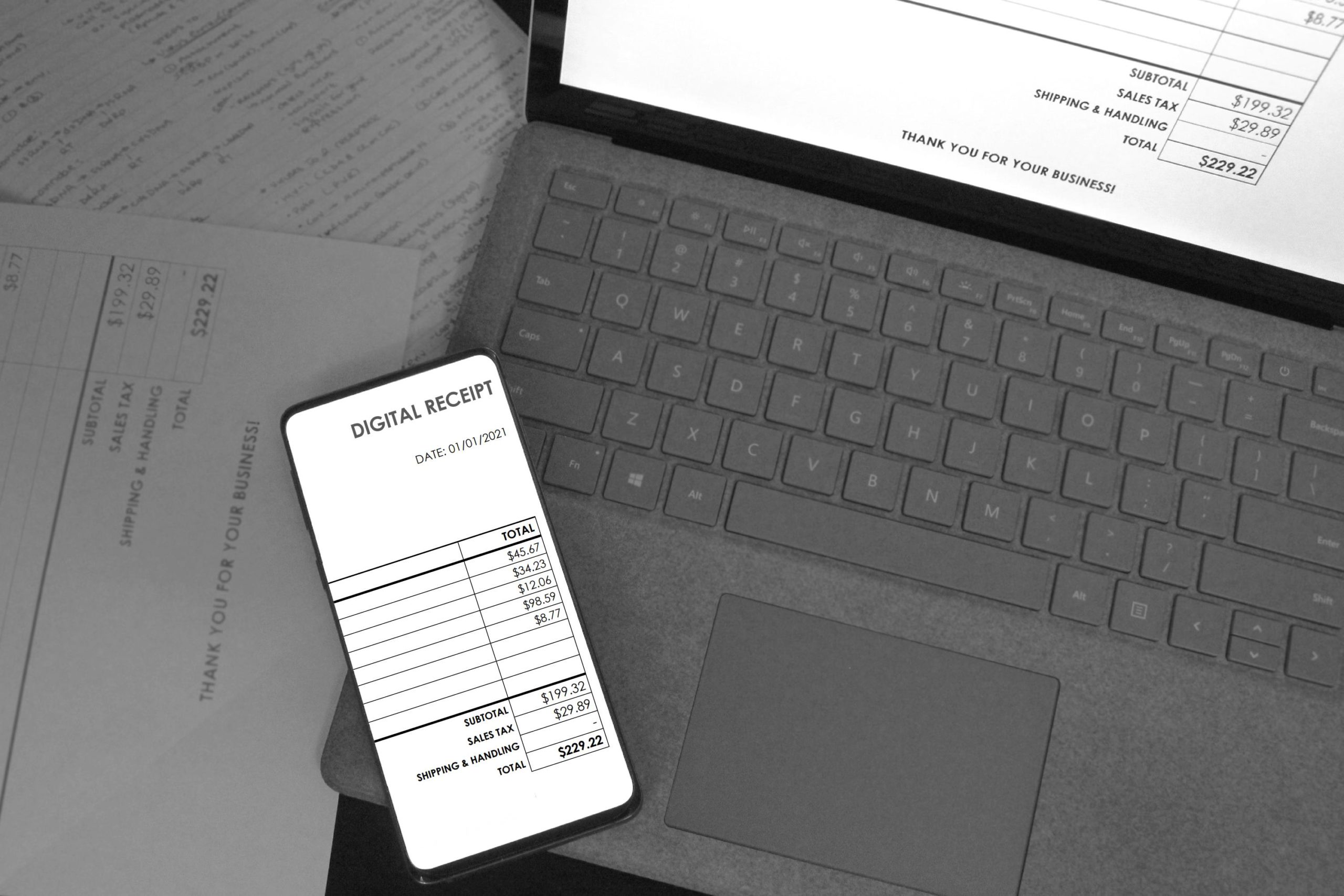The COVID-19 pandemic has not only transformed the world of healthcare and education, but it has significantly altered the ways in which businesses operate. It is becoming critical for companies to adapt to new methods, particularly in a world that values environmental and health outcomes. This can be difficult to prioritize as many businesses are struggling to cope with logistical and supply-chain disruptions. There are, however, some companies who are leading the way with digitization, enacting strategies that help lead to better economic outcomes, natural benefits, and enhanced health.
The paper receipts we see lying around or crumpled at the bottom of our bags have been found to be a huge disadvantage to the environment and a major health hazard.
Saeed Gharnagh, a Toronto-based CEO with years of experience in the banking sector, is one of the many business owners now pushing for the paperless receipt agenda through his new digital receipt management app, Qeepem.
“This digital world is becoming convenient and comfortable for people. Around 85 per cent of individuals in North America have smartphones. In this era, paper receipts are not aligned with our lifestyle.
“There are no obstacles to digitizing receipts and using technology to change the behavior of our societies,” Gharnagh continues. “Creating a digital footprint of our spending can help to save our environment while giving us access to the data that we could not get access to easily.”
Gharnagh goes on to explain how COVID-19 has affected the point-of-sale experience as well.
“Social distancing has created a different experience for us in every aspect of our lives, including shopping experiences. With online shopping and touchless payments, the concept of digital receipts is getting a new boost. There is now an emphasis on minimizing physical interaction.”
As for why physical receipts are so bad in the first place? Gharnagh points to a study conducted by Safer Chemicals, Healthy Families that shows nine out of 10 physical receipts contain toxic bisphenol A (BPA) or bisphenol S (BPS).
These chemicals are endocrine disruptors that mimic hormones like estrogen and thyroid, disrupting the body’s normal functions by entering through our skin. Studies have found links between BPA exposure and numerous health problems such as breast cancer, prostate cancer, diabetes, and obesity, to name a few.
Printed receipts are also non-recyclable since they are printed on paper that is chemically treated and thermal.
Gharnagh explains that “storing and keeping physical receipts for future use is complicated, costly, and inconvenient.”
“I think we should be advocating for digital receipts not because of the pandemic, but because it’s much easier for people to guarantee that they’ve received their receipts. People can easily lose receipts and having proof of your purchase is important in case the product purchased has a mishap,” says fourth-year business commerce student Amir Moghaddam.
Gharnagh adds that receipts being emailed to customers is a good start to digitization, however, problems may arise when it comes to retrieving a specific receipt among hundreds and thousands of emails.
To combat this, Qeepem connects the digital receipt ID of its users (similar to your email address) with your credit card, allowing you to automatically receive your receipt via the ID, while being able to store and access them more efficiently.
The near future appears promising for digital receipts, as minimizing the physical format becomes increasingly popular. Innovative apps can aid in this process, however, it is only through the collective initiative of the business world that such a shift will be possible on a large scale.


